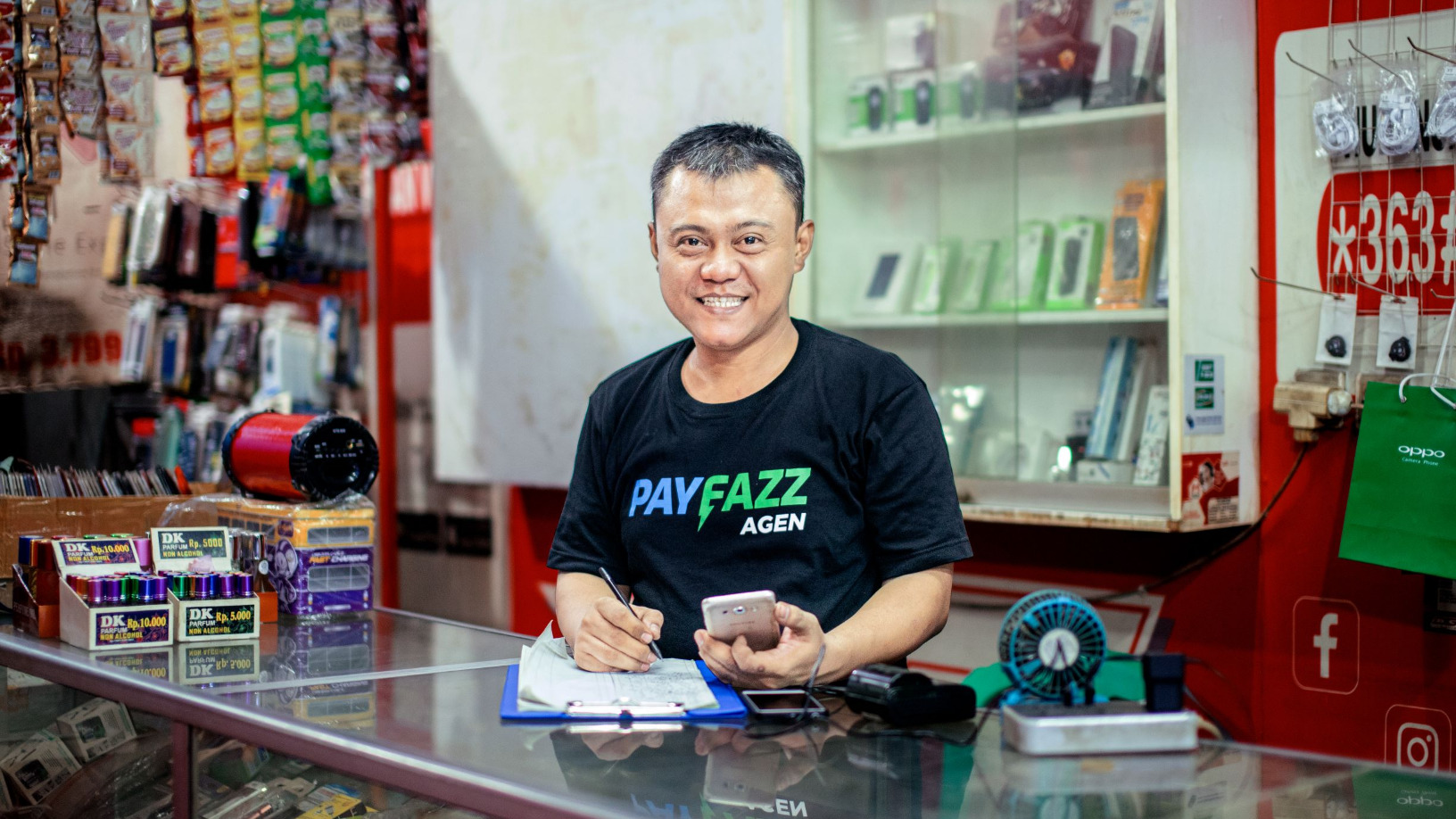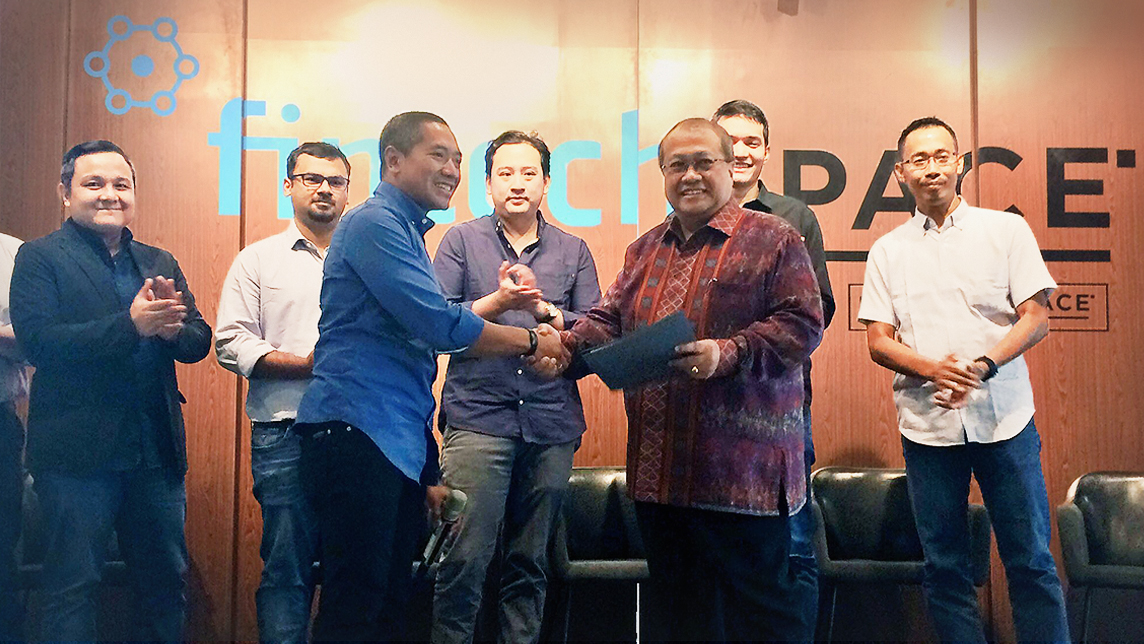Having recently raised a $53m Series B funding led by B Capital and Insignia Ventures Partners, Payfazz plans to further its aims in providing access to financial services for all Indonesians, particularly those living in rural areas. The startup had previously raised $21m in a September 2018 Series A round.
“We will allocate most of the funding for fintech product innovation and user-base expansion across both Indonesia and Southeast Asia,” co-founder and CEO Hendra Kwik told CompassList.
Payfazz partners with various banks around the country to create an army of banking “agents,” made up of SMEs who remotely operate their Payfazz account from wherever they want, armed only with the Payfazz app. These agents then operate as intermediaries between a particular bank and a potential customer.
The eventual goal is for these agents to take the place of banking touch points that don't exist in many rural areas and which make it possible for people to deal with banks anywhere in Indonesia. In short, the goal is to become the first on-demand financial company.
“Our agents are small businesses and people who have lots of traffic from rural populations on their premises," said Kwik. "It could be ’warung’ (family-run stores), telecom retail stores, small restaurants or even a shop in someone’s house. They are the perfect profile to become our agents because they’re distributed ubiquitously and have high coverage in rural areas.”
From mobile credits to loans
Founded in 2016 by Kwik and longtime friends Jefriyanto and Ricky Winata, Payfazz was based on the founders' shared experience of living in Jambi, Sumatera – a city where they and their families had limited options to professionally manage their money.
Together, the trio came to the realization that “millions of families in rural areas had the same problem,” said Kwik. The most-efficient way of reaching this unbanked population was through digital technology, they reasoned.
Now no longer living in Jambi, the founders see the bigger cities as having the privilege of having so many financial management options – something that many city-dwellers take for granted and which should be distributed evenly around the rest of the country. The goal is to educate the unbanked on the benefits and necessity of professional financial management.
Kwik believes that Payfazz’s agent model is more relevant for the Indonesian unbanked, who prefer interaction with agents such as small family-owned shops instead of with offline banking branches and their complex mobile apps. Plus, the agent model has the added benefit of being much more scalable and economical to operate, even in rural areas.
“While traditional banks operate their own offline branches and other startups use online mobile apps through app stores to deliver financial services to the market in urban areas, we use the different approach of combining both an offline agent network and online mobile apps to deliver financial services in rural areas,” explained Kwik.
This approach has enabled Payfazz to “unlock a new market of unbanked users as well as bringing them better experiences in terms of user onboarding and brand trustworthiness, which in turn helps Payfazz to differentiate itself from competitors,” he said.
To attract agents, Payfazz offers a variety of benefits such as competitive pricing via which the agent can set their own selling price and hence their revenue. To Kwik, his company also stands out from other similar SME-focused fintechs because of its “pretty wide” product range, from daily necessities such as prepaid tokens or cellphone credits to bill payments and bank transfers.
Payfazz also sets up its agents to receive working capital or loans from its partner, the P2P lending startup Modal Rakyat.
Exponential growth
The startup's platform has been successful in attracting SMEs across the country. The initial 10 agents that they had at the start grew to 100 within one year. Today, Payfazz counts over 250,000 agents across Indonesia, primarily in rural areas.
The company’s transactions have doubled and now tripled each year, said Kwik, adding that the company's transaction value averages over IDR 1tn monthly.
This growth no doubt has something to with Payfazz's collaborations with telecommunication providers such as XL and with governmental institutions, including local governments in smaller areas such as the Sleman regency in Yogyakarta.
These partnerships “provide more opportunities for our agents” said Kwik. The goal is to work with governments all over Indonesia “to onboard more agents in every district so we can serve more unbanked people throughout the country.”












